
Windows updates are essential for improving system security and performance, but they can sometimes interfere with HP drivers. After a major update, you may find that your HP printer stops responding, your laptop's audio or Wi-Fi no longer works, or certain HP components appear as "Unknown device." These issues often happen because Windows installs generic drivers, removes existing ones, or causes compatibility conflicts. This guide explains why this happens and how to properly reinstall HP drivers to restore full functionality to your HP device.
Method 1: Update Drivers with Driver Sentry
Manually updating HP drivers can be time-consuming and prone to errors. A tool like Driver Sentry simplifies the process by automatically detecting the correct and most compatible drivers for your HP devices.
Download and Install
Click the "Download" button to get the installer, then run it and follow the on-screen steps to complete the installation on your computer.
Run the Scan
Launch the program, navigate to the "Drivers" section, and select "Scan." Driver Sentry will analyze your entire system to identify drivers that are outdated, missing, or incorrectly installed.
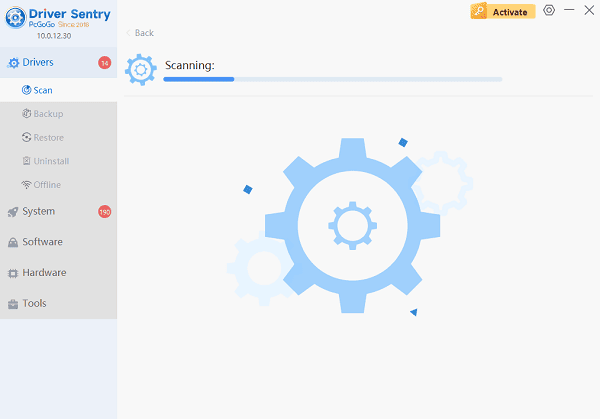
Update the Drivers
After the scan, you'll see a list of detected driver issues. Select the drivers you want to fix and choose "Upgrade" or "Repair Now." The tool will automatically download and install the latest verified driver versions that are fully compatible with the computer.
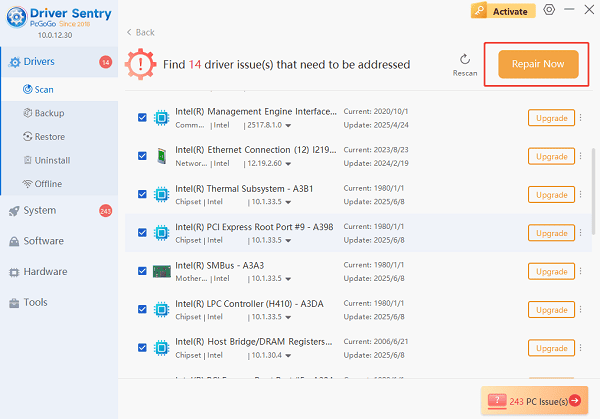
Restart the Computer
Once the updates are complete, restart your PC to ensure the newly installed drivers are properly applied and functioning as expected within your computer.
Method 2: Official HP Driver Update Tool
HP Support Assistant is the most common utility for everyday consumers and provides automatic updates, diagnostics, and system health monitoring.
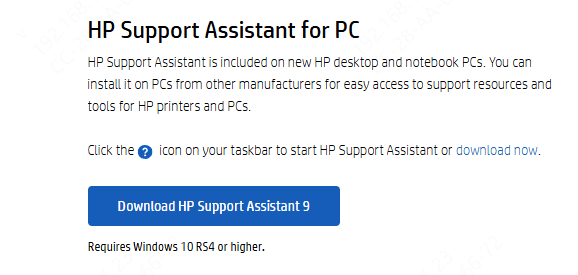
Method 3: Download from HP website
Downloading drivers directly from the HP website is a dependable choice for users who prefer complete manual control over the update process.
Visit the official HP Support page and enter your device model
Choose your operating system such as Windows 10 or Windows 11
Download the full driver package, such as chipset, Wi-Fi, audio, graphics, or printer software
Install the driver package and restart your PC
This method guarantees that you obtain the correct and most current drivers for your exact HP device.
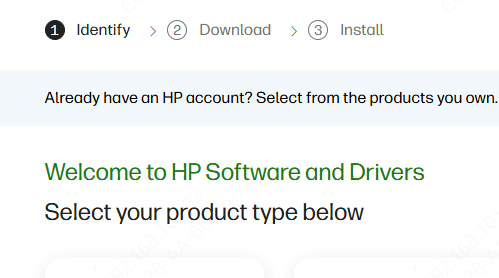
Method 4: Reinstall HP Drivers Using Device Manager
This method works for most HP components, including audio, Bluetooth, graphics, webcam, and network drivers.
Open Device Manager by pressing Windows + X and selecting Device Manager
Uninstall the problematic HP driver by right-clicking the device, choosing Uninstall device, checking "Delete the driver software for this device," and confirming
Restart your PC. Windows will attempt to reinstall the driver automatically
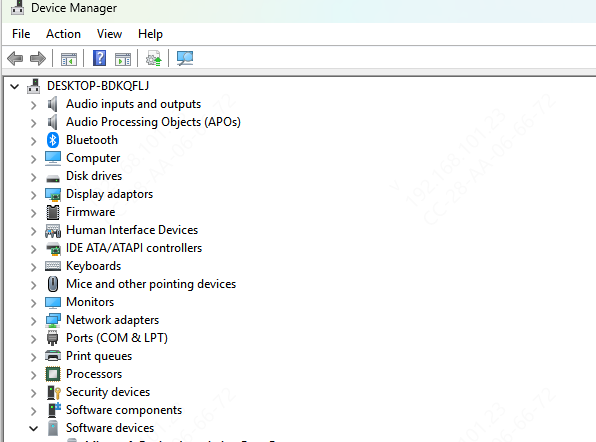
Method 5: Reinstall the Driver Through Windows Settings
If a driver stops working properly after a Windows update, reinstalling it through Windows Settings can help restore normal operation.
Open Settings > Bluetooth & devices and remove the device associated with the problematic driver
Add the device again so Windows can automatically reinstall the required driver
To ensure full functionality, install the manufacturer's complete driver package or software suite after the device is re-added
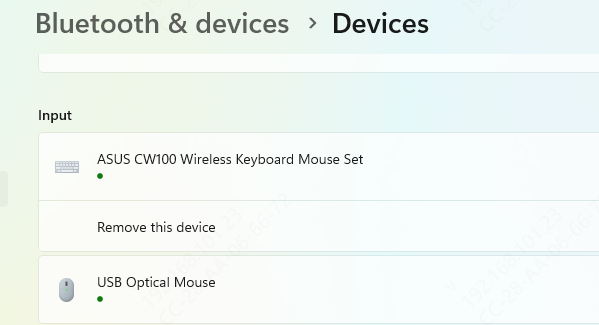
Common Issues and Troubleshooting
Several issues may occur during driver updates. Installation failures may require verifying that the correct driver was downloaded, temporarily disabling antivirus software, or running the installer as an administrator. Devices that are not recognized may need to be reconnected, restarted, or updated with chipset drivers first. Conflicts between Windows Update and HP drivers can be resolved by pausing Windows updates temporarily and installing HP drivers first. If a new driver causes problems, Windows allows users to roll back to a previous version through Device Manager.
Conclusion
Windows updates may occasionally disrupt HP drivers, resulting in missing features, malfunctioning hardware, or devices that are no longer recognized. Restoring proper functionality typically requires reinstalling accurate HP drivers using tools such as Driver Sentry, Device Manager, the official HP Support website, or HP Support Assistant. Keeping your system updated—along with regularly maintaining drivers and firmware—helps ensure better stability and reduces the chance of similar issues occurring after future Windows updates.